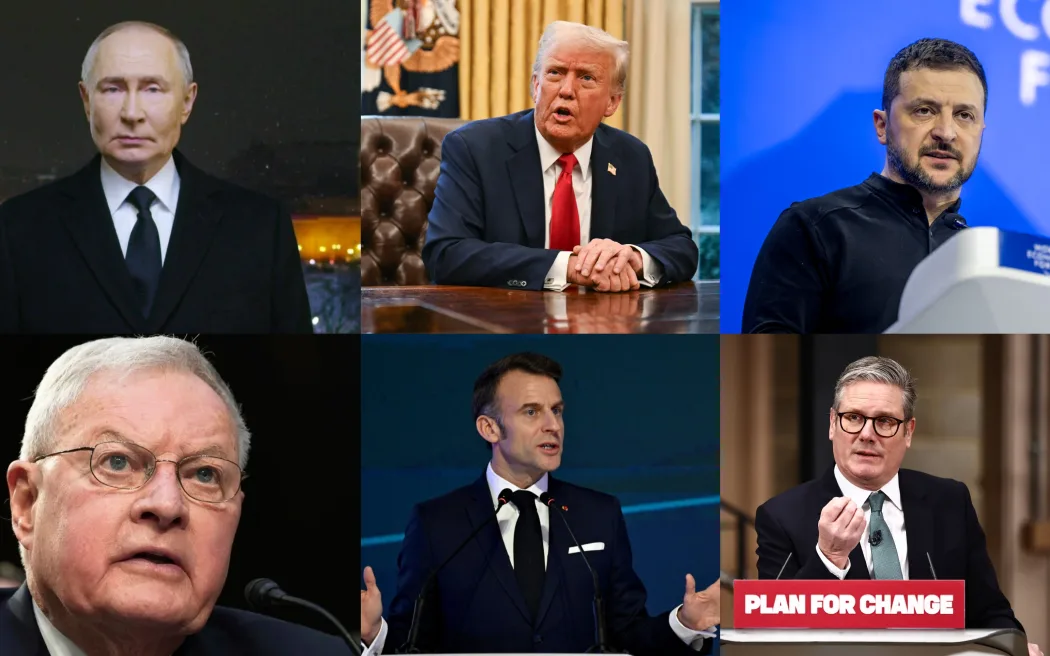Reflecting on my lonely, bullied childhood at Velp's 'De Korenbloem' kindergarten and Prins Bernhard School, I was always different. Struggling with health issues, glasses, and social isolation, I learnt valuable life lessons. Influenced by figures like Hitler and Napoleon, I realised early that people are shaped by circumstances. My story reminds us not to judge, as we all have unique paths.
Sometimes there are moments when I think back as a human being on my past. Do you ever have that too—that early in the morning or late evening, in your easy chair, you slowly let your thoughts run free and think back to those times that are no more? In my opinion, it's not about whether you can still change them or influence them; they just "haunt" your mind again. Some still hurt, while other words subconsciously make you smile.
Do you ever think about kindergarten?
Then spontaneously, the memories of the kindergarten "De Korenbloem" in the Annastraat in Velp come back to me. Actually, this kindergarten time passed me by in a dream; I was there, but actually not. It seemed then, and still does now, like a dream in which I floated along. I looked at everything that happened, but I didn't really see anything or give it my own interpretation. I remember well that I was always lonely there. I had no friends. I always walked there alone and found it strange that classmates were picked up and dropped off by their parents on bicycles or by car.
Was I stubborn, or did I become independent early?
In all my loneliness, I thought it was a strange display at the gate of the kindergarten. I looked with an unconditional look at all those children who cried when they arrived at the kindergarten. One day some fellow students found a dead pigeon in the schoolyard. The teacher came and made sure that the dead pigeon was buried with great honour, just like a human being. I thought it was weird and quite a hassle; why didn't that dead animal just go in the garbage? I was different; I saw badly, because I actually needed thick glasses at a young age, and I was
Picture: Antonius (Ton) Bakker
still peeing in my pants. I was sick, but no one knew this yet; everyone thought I was acting up or too lazy to go to the toilet. I was called names and bullied early on. Many from that time, in all likelihood, still do not know that I was operated on many times for this until I was twenty-three years old, and now, due to cataract surgery, I have gotten rid of my glasses.
Did you also learn so much at your primary school?
After kindergarten came primary school. The Prins Bernhard School again in the beautiful village of Velp. My "dream" continued. Again, I didn't have glasses in the first two classes. Also, on the first day of school at this school I met crying children. I was brought to school on the first day of school in August 1966 by my youngest sister on my mother's Empo bicycle. I was and saw. Everything passed me by, except for one thing. A teacher was getting married, and my classmates and I had to make arches from electricity pipes and paper roses that the bride and groom could walk under. When my fellow classmates got through my "pee problems", I stayed in my loneliness, and I was called names and bullied again. I was different.
Which school years did you like the most?
When I look back on my years of life now, my tenth year of life was one of the most important. It was discovered that I needed glasses with very strong lenses (actually much earlier), and I was treated by a urologist, who discovered that I had "valves" in my urethra that opened involuntarily and caused me to urinate in my bed and pants and my urine to flow back into my kidneys, which could cause kidney poisoning. Many operations follow, but the cursing and pushing continued. Also, at Technical School in Rheden, did all the teachers at the time have plugs in their ears and their eyes in their pockets? I withdrew into myself and saw things differently; I watched political programs on television and followed my "lessons" there.
Do you remember much of what you learnt at school besides reading and writing?
For me, the things that affected me outside of bullying and swearing have stuck to knowledge. I enjoyed the history lessons; the rest passed me by in my dream. I learnt very early on how people can be. I learnt early on that in my eyes, Hitler, Napoleon, Trump, and Putin are not exceptional people. They are people like you and me, if we would have the opportunity. I read books by Carl Gustav Jung and other psychologists very early on and watched documentaries about mass murderers, which makes me understand that everything in life is often like a "dime on its side." He can stand out one way or the other. Fortunately, he fell in the "right" direction with me, but I have no idea how that came about, do you? My lesson in life is: "We cannot judge righteously as human beings." If possible, don't judge and condemn. You don't know the life course of the other; I could have been a completely different person because of the bullying and calling other names. Why didn’t I become a criminal?






